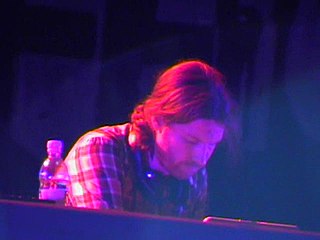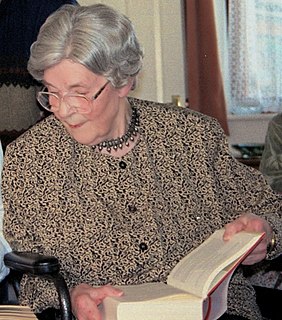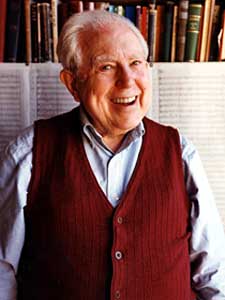A Quote by David Byrne
The most common music that you hear anywhere in the world now basically has its roots in that union that happened in the last century, or in the century before that. That kind of music that's groove or beat oriented just didn't exist in lots of cultures before that.
Related Quotes
I think the twenty-first century happened, basically. That this century started on 9/11. And basically, it's been a century of counter reaction to globalization and the meritocracy. And a good century for 72 nations have gotten more authoritarian. We've had Brexit. We have Le Pen rising in France. We've just got a lot of these types all around the world. And the people who are suffering from globalization and the meritocracy are saying, "No more. You know, we get a voice too."
Sometimes at lectures I am asked: how would the champions of the last century play today? I think that, after making a hurried study of modern openings, and watching one or two tournaments, the champions of the last century, and indeed the century before that, would very quickly occupy the same place that they occupied when they were alive.
The century would seek to dominate nature as it had never been dominated, would attack the idea of war, poverty and natural catastrophe as never before. The century would create death, devastation and pollution as never before. Yet the century was now attached to the idea that man must take his conception of life out to the stars.
The holy grail for a music fan is to hear music from another planet, which has not been influenced by us whatsoever. Or, even better, from lots of different planets. The closest we got to that was before the Internet, when people didn't know of each other's existence. Now, that doesn't really happen.
I have been interested in the 12th century since my 20s when it was very fashionable to say of anybody with whom you disagreed, which was basically anybody over the age of 30, "One of the great minds of the 12th century", and one day I thought, "I don't know anything about the 12 century." So I started buying books, reading about it, and I discovered it was a period of great flowering, it was a Renaissance before what we think is the Renaissance, the Italian Renaissance of the 16th century.
The idea that Christianity is basically a religion of moral improvement... has its roots in the liberal Protestantism of the late nineteenth century and early twentieth century... It is this stereotype which continues to have influence today... But then came the First World War... What had gone wrong was that the idea of sin had been abandoned by liberal Christianity as some kind of unnecessary hangover from an earlier and less enlightened period in Christian history.



































